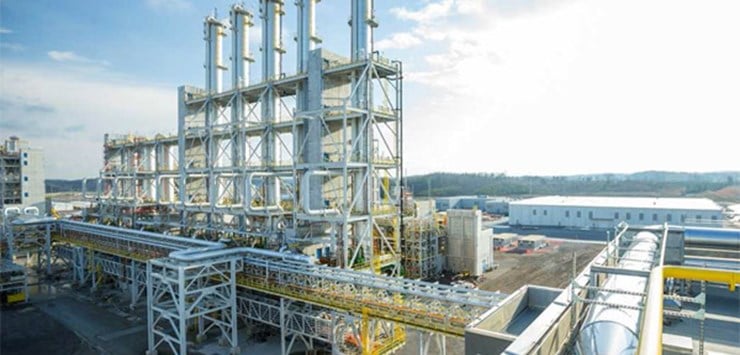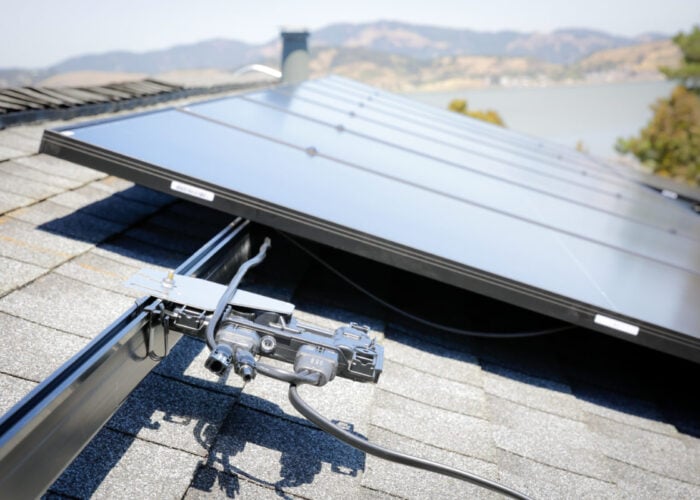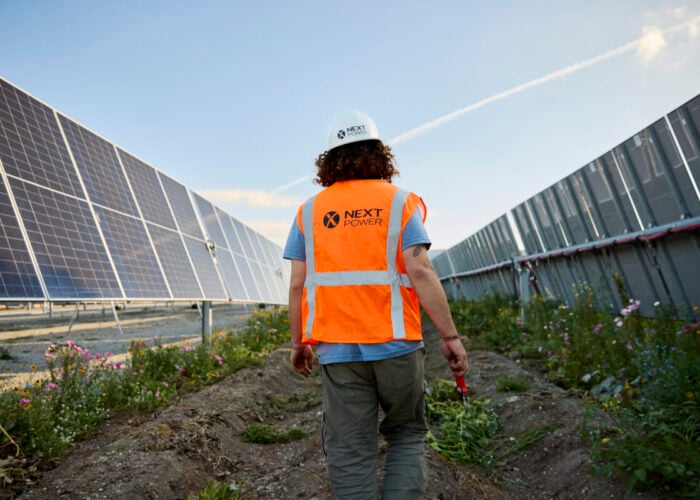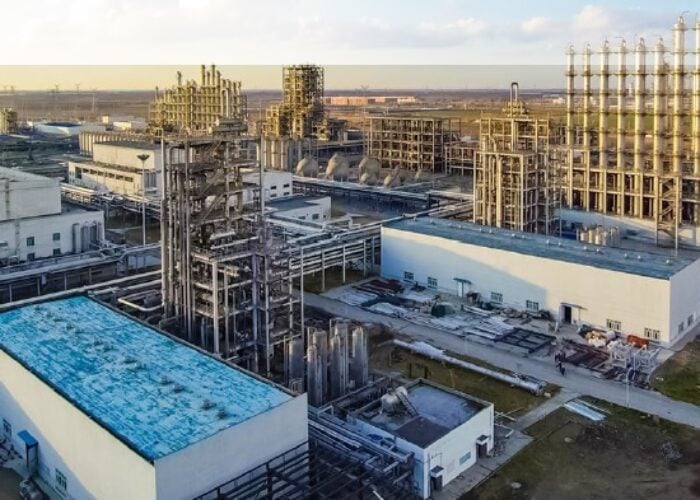
German chemical group Wacker Chemie saw its polysilicon sales nearly double in 2021, lifting its earnings significantly amid higher raw-material and energy costs, preliminary financial results showed.
Wacker’s polysilicon business division performed “particularly well” and saw sales almost double to €1.53 billion (US$1.71 billion), up from €792 million (US$885 million) in 2020.
Try Premium for just $1
- Full premium access for the first month at only $1
- Converts to an annual rate after 30 days unless cancelled
- Cancel anytime during the trial period
Premium Benefits
- Expert industry analysis and interviews
- Digital access to PV Tech Power journal
- Exclusive event discounts
Or get the full Premium subscription right away
Or continue reading this article for free
In 2021, Wacker’s Polysilicon unit “benefited from volume growth and, above all, from markedly higher prices for solar-grade polysilicon,” it said in a statement.
The division increased its EBITDA (earnings before interest, taxes, depreciation and amortisation) to €655 million (US$732 million), from just €5 million (US$5.6 million) in 2020.
“The focus on high-quality polysilicon for semiconductor applications and further improvements in production costs also had a positive effect on the operating result,” said Wacker.
In August last year, Wacker signed a long-term supply agreement with JinkoSolar for roughly 70,000 metric tons of polysilicon from September 2021 to December 2026.
“Demand remained robust throughout the year in most of our customer sectors. We also achieved substantially higher prices for our products than in 2020, helping us compensate for the strong increase in some raw-material prices,” said CEO Christian Hartel.
“Demand remains high as we enter 2022, underscoring the excellent growth prospects of our business portfolio.”
The strong financial results for its polysilicon business will give investors more confidence in the unit’s longevity after its sales slumped to an all time low in 2020, although recover was underway in the second half of that year.
Overall, the group’s EBITDA reached €1.50 billion in 2021, compared with €666 million in 2020, with its operating performance lifted by higher sales volumes, prices and ongoing efficiency measures, Wacker said.
Its EBITDA did however take a €500 million hit because of higher raw material and energy costs.
Given this, the Munich-based company’s EBIT (earnings before interest and taxes) increased to about €1.09 billion from €263 million in 2020.
Depreciation and amortisation came in at around €400 million, close to the previous year’s €404 million, while net income reached some €780 million in 2021, compared with just €202 million in 2020.





